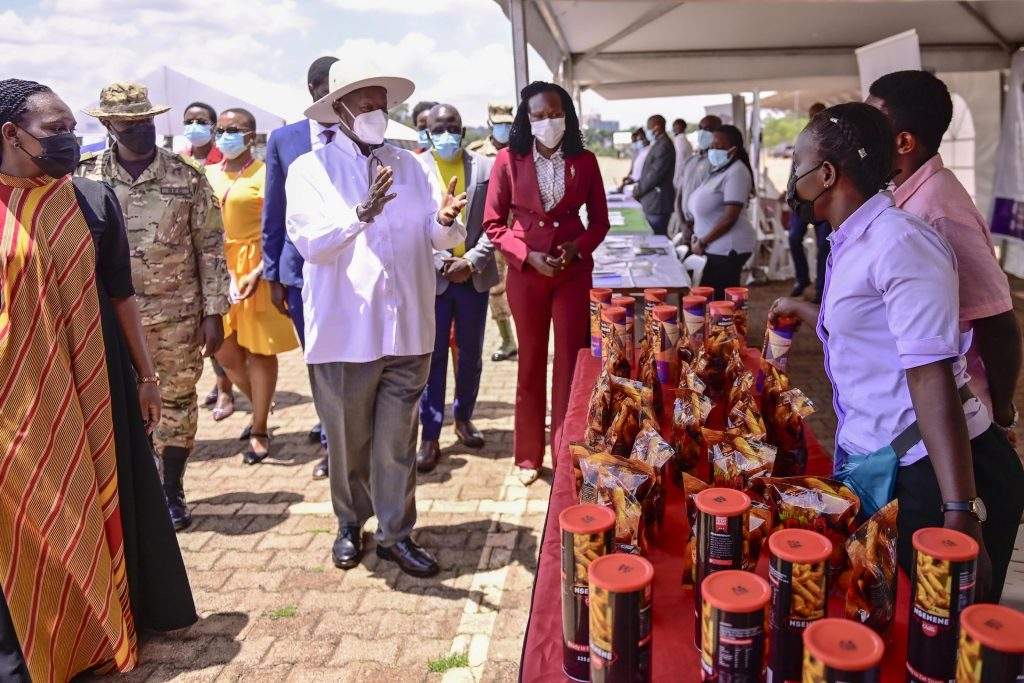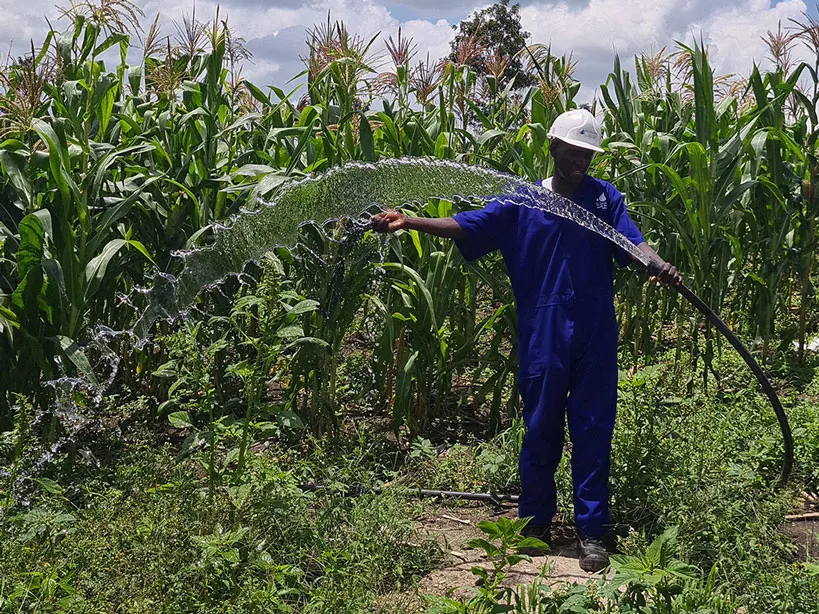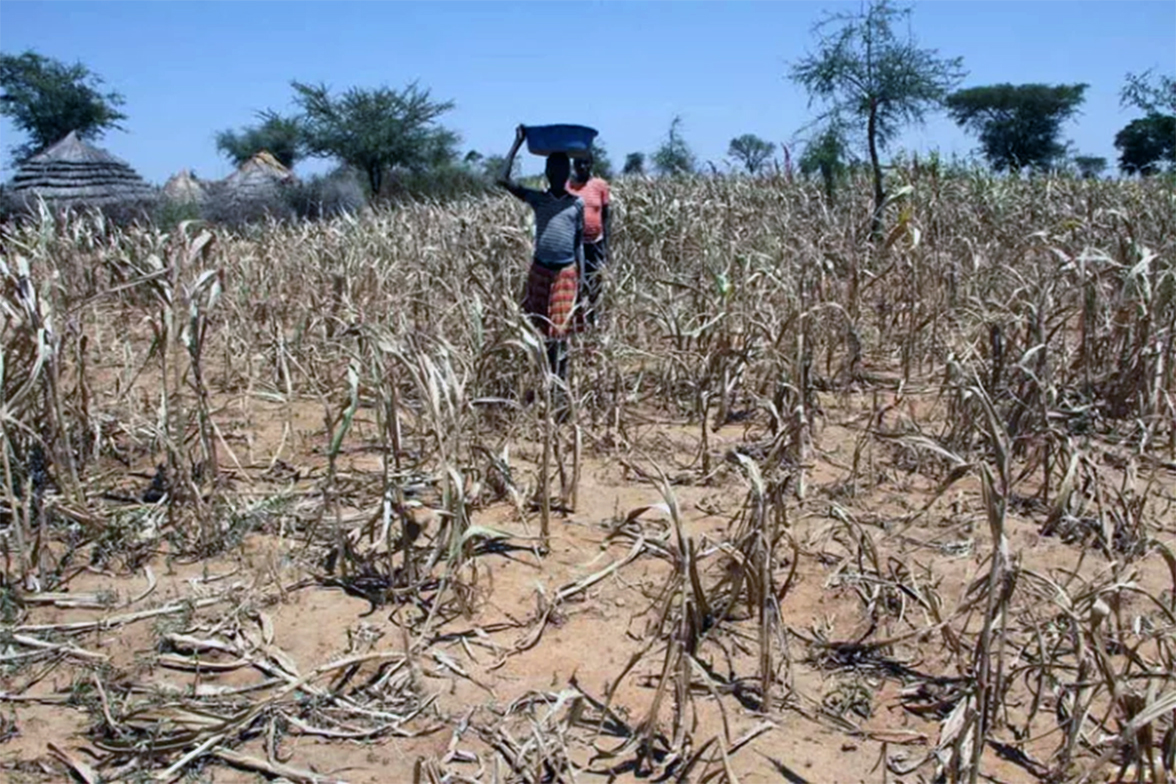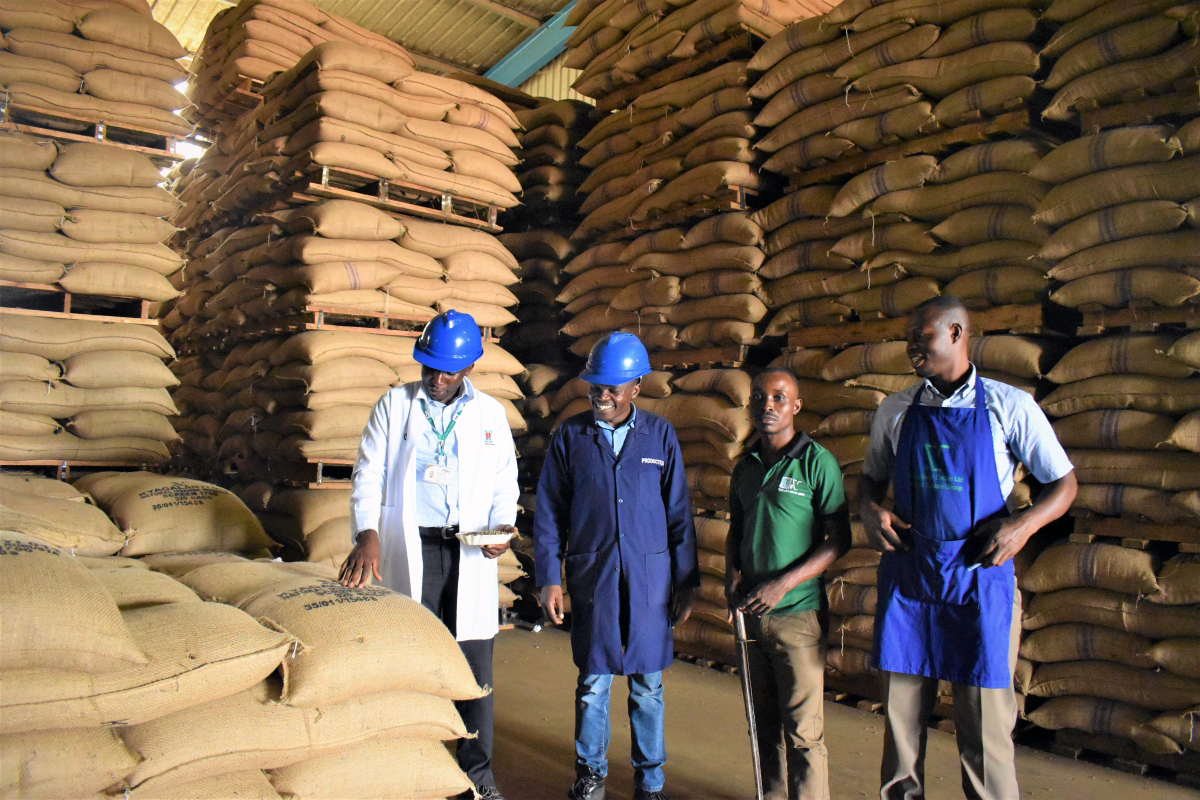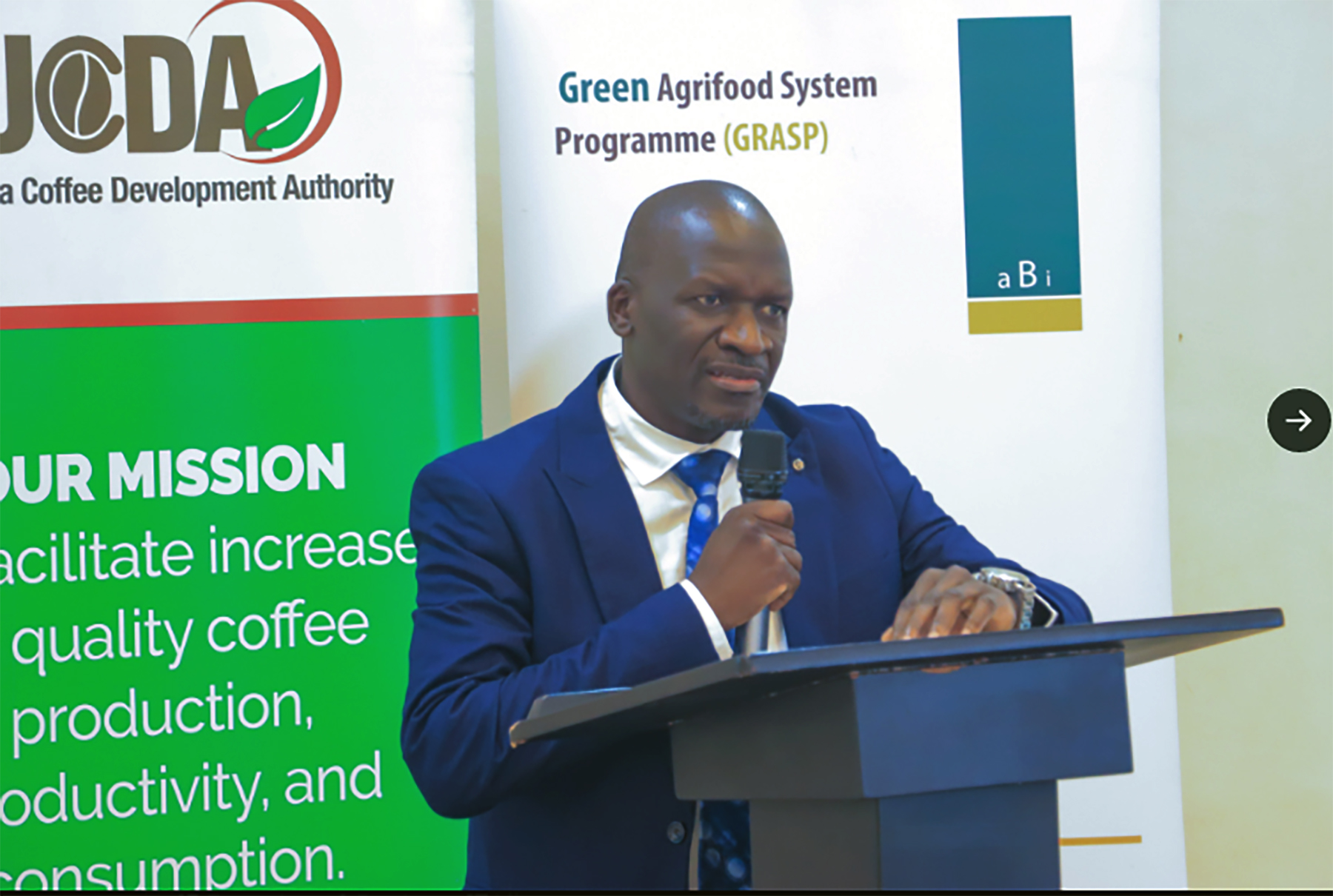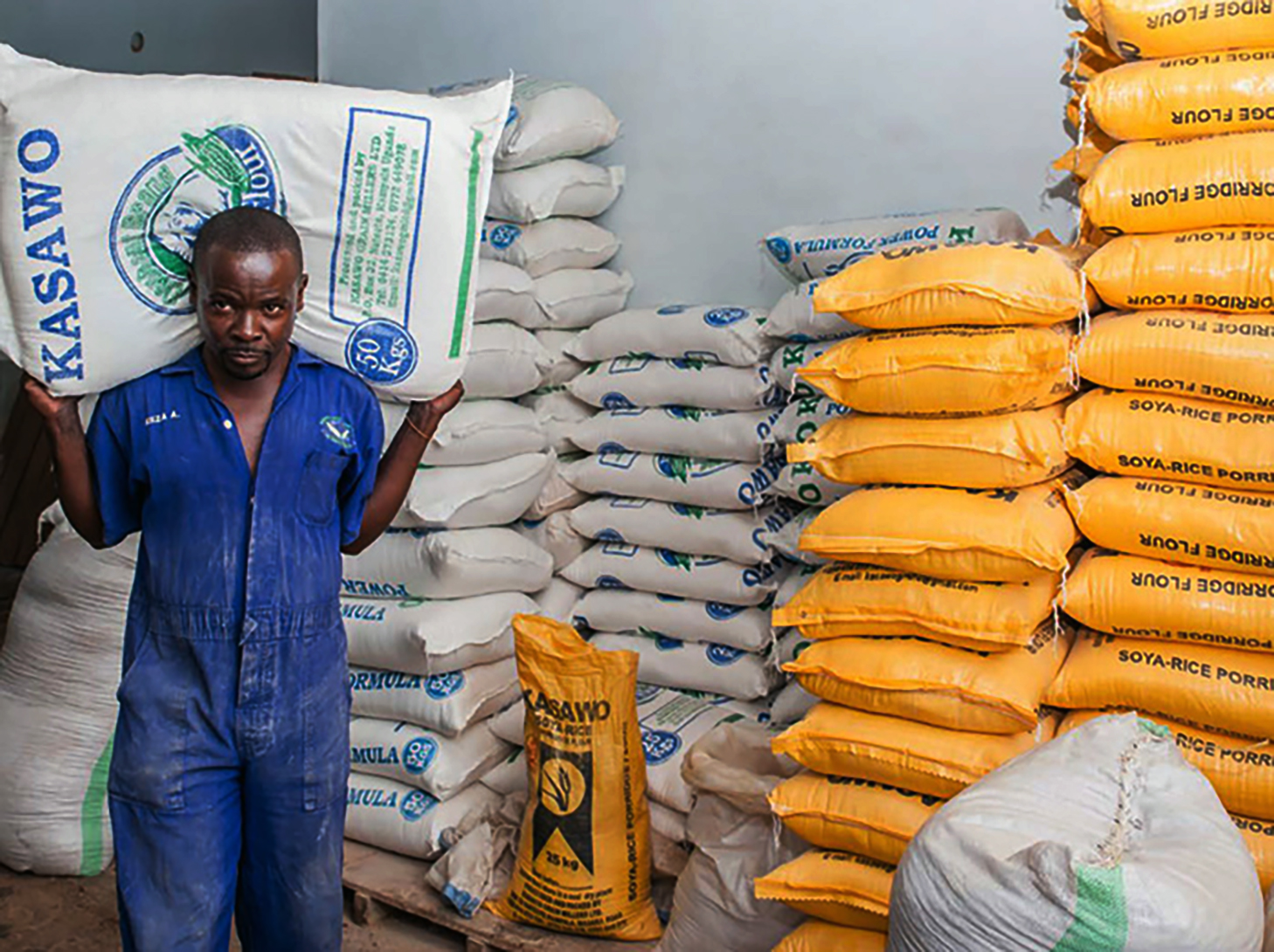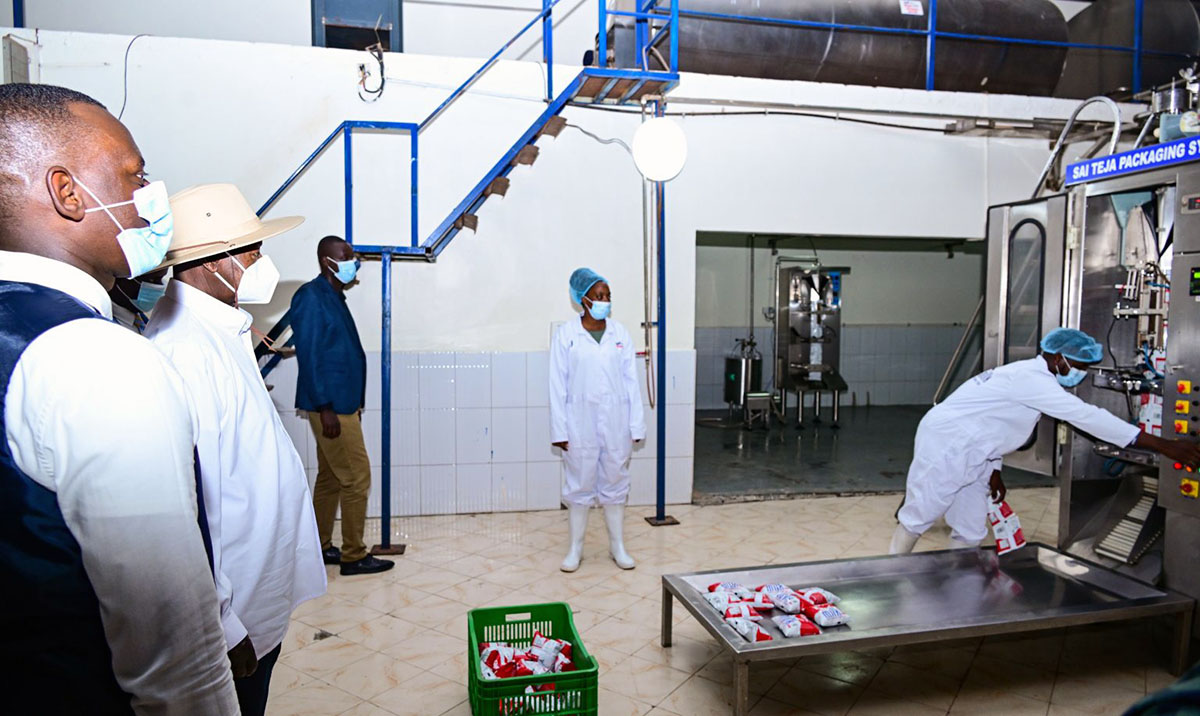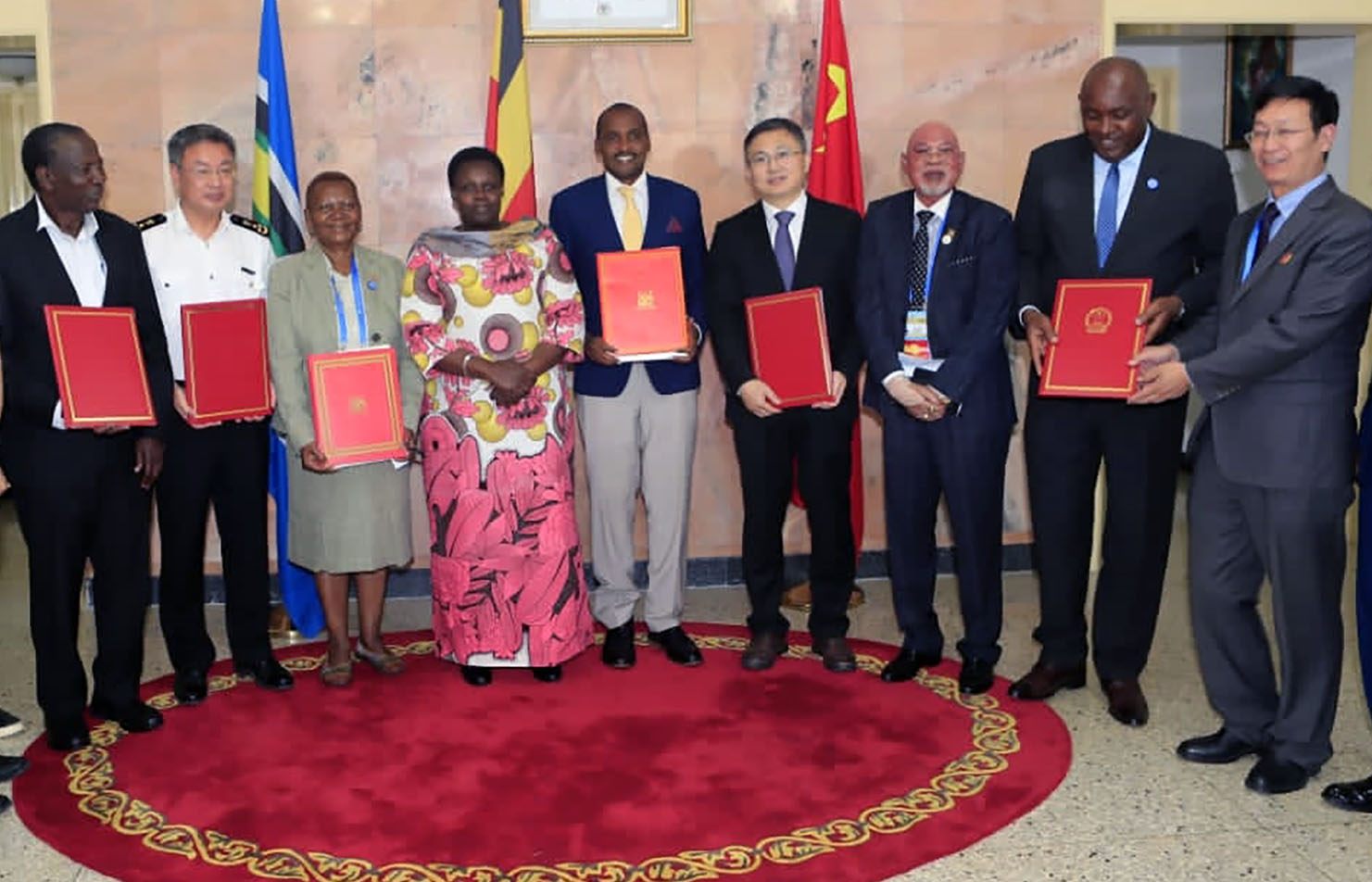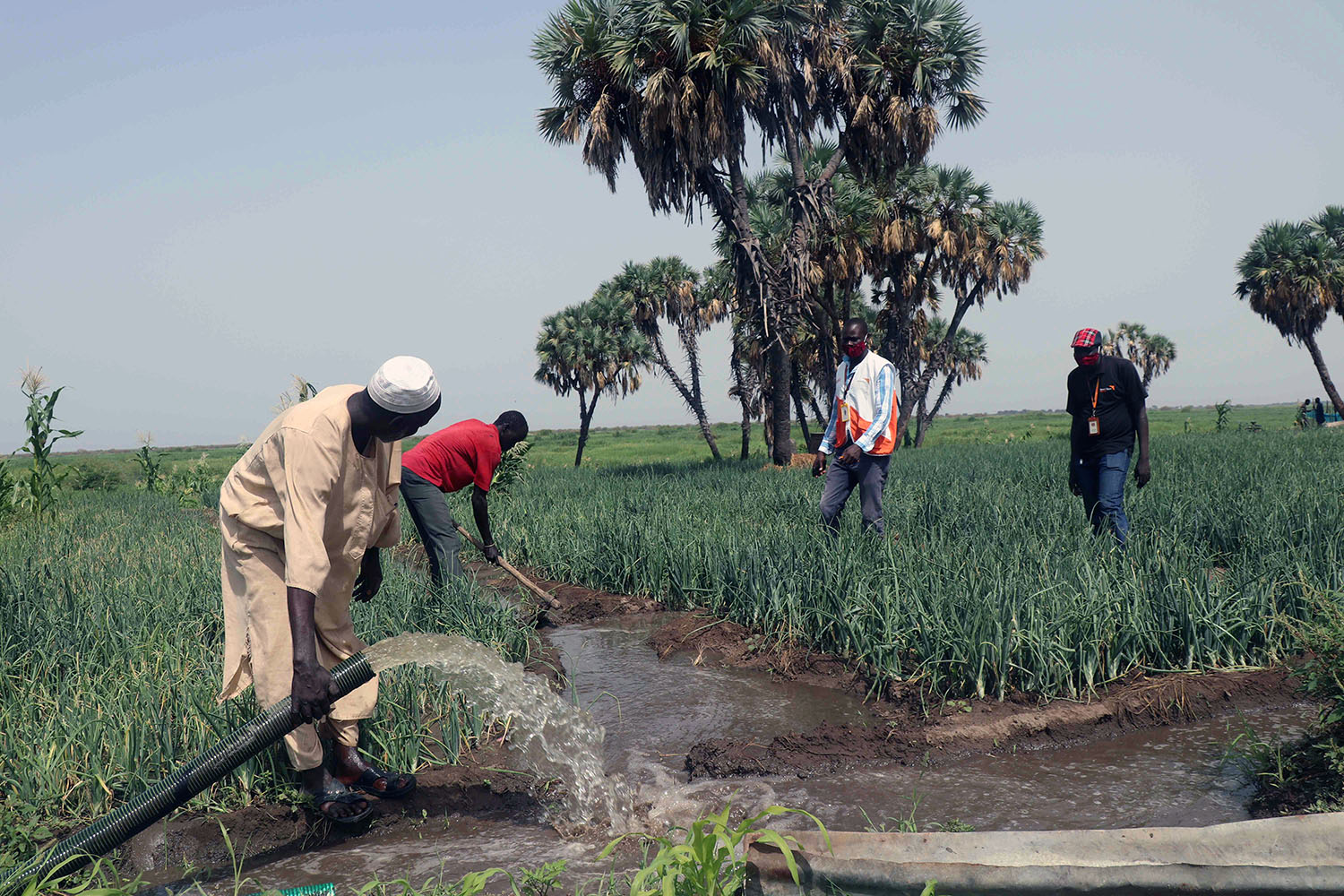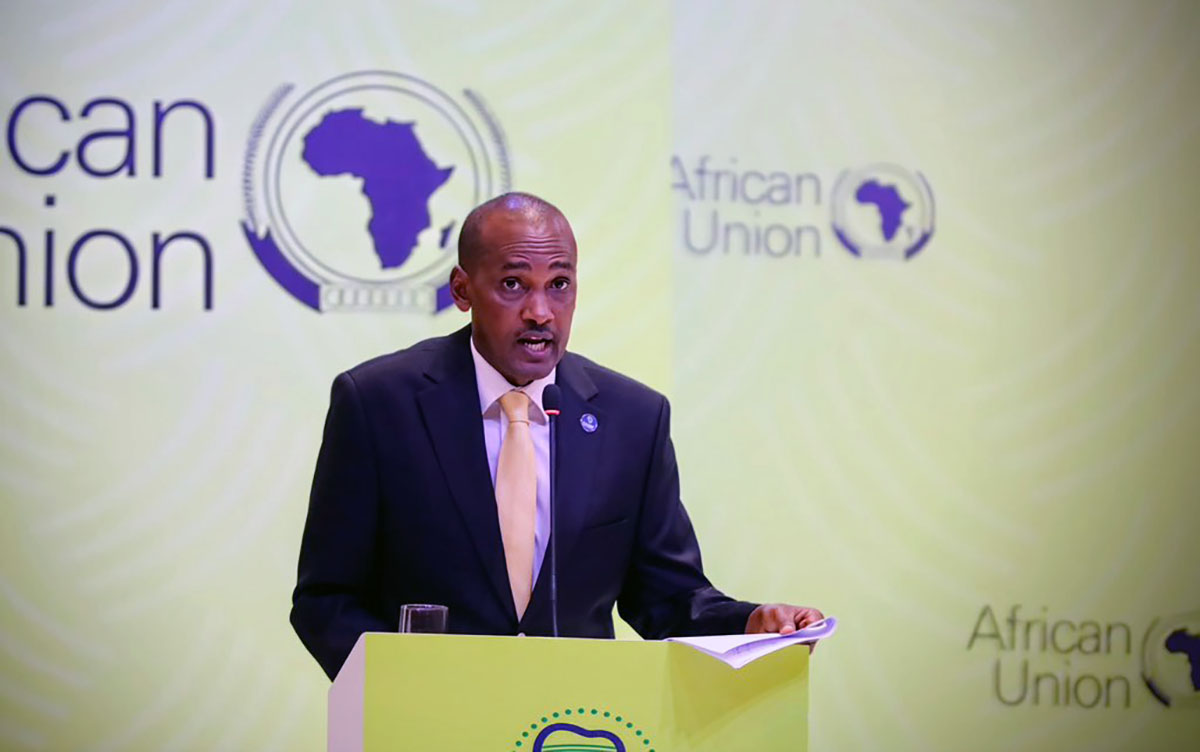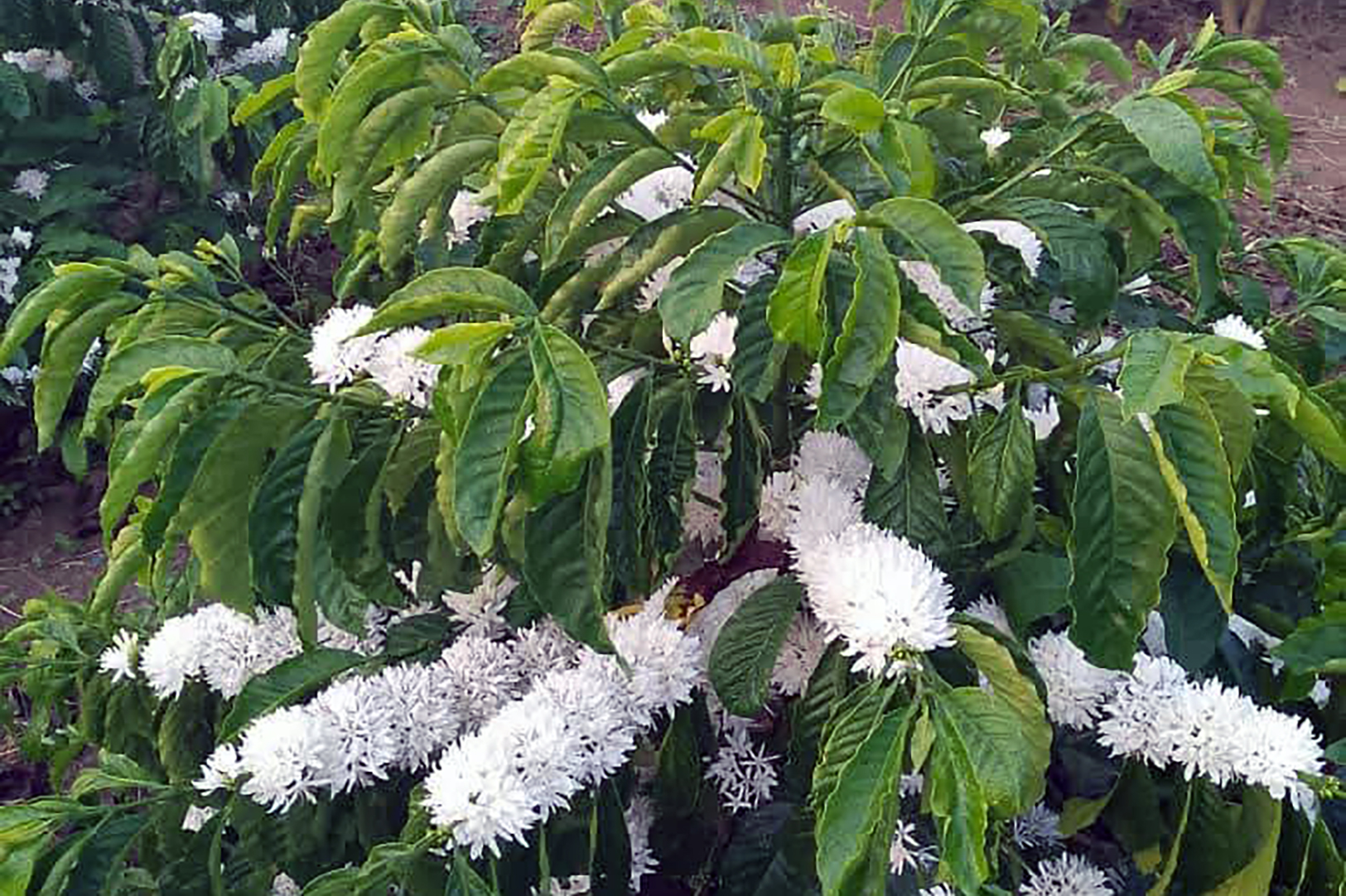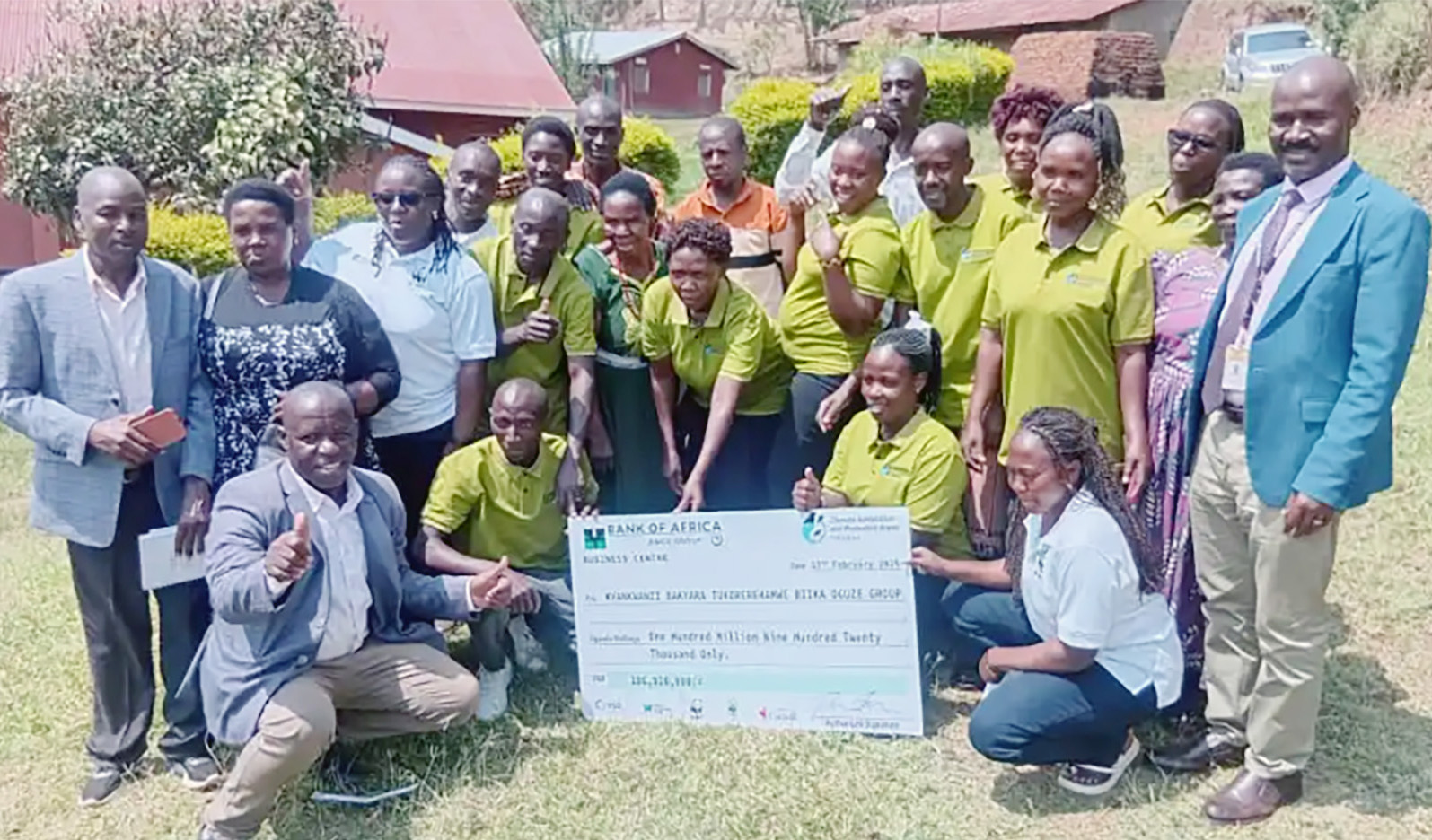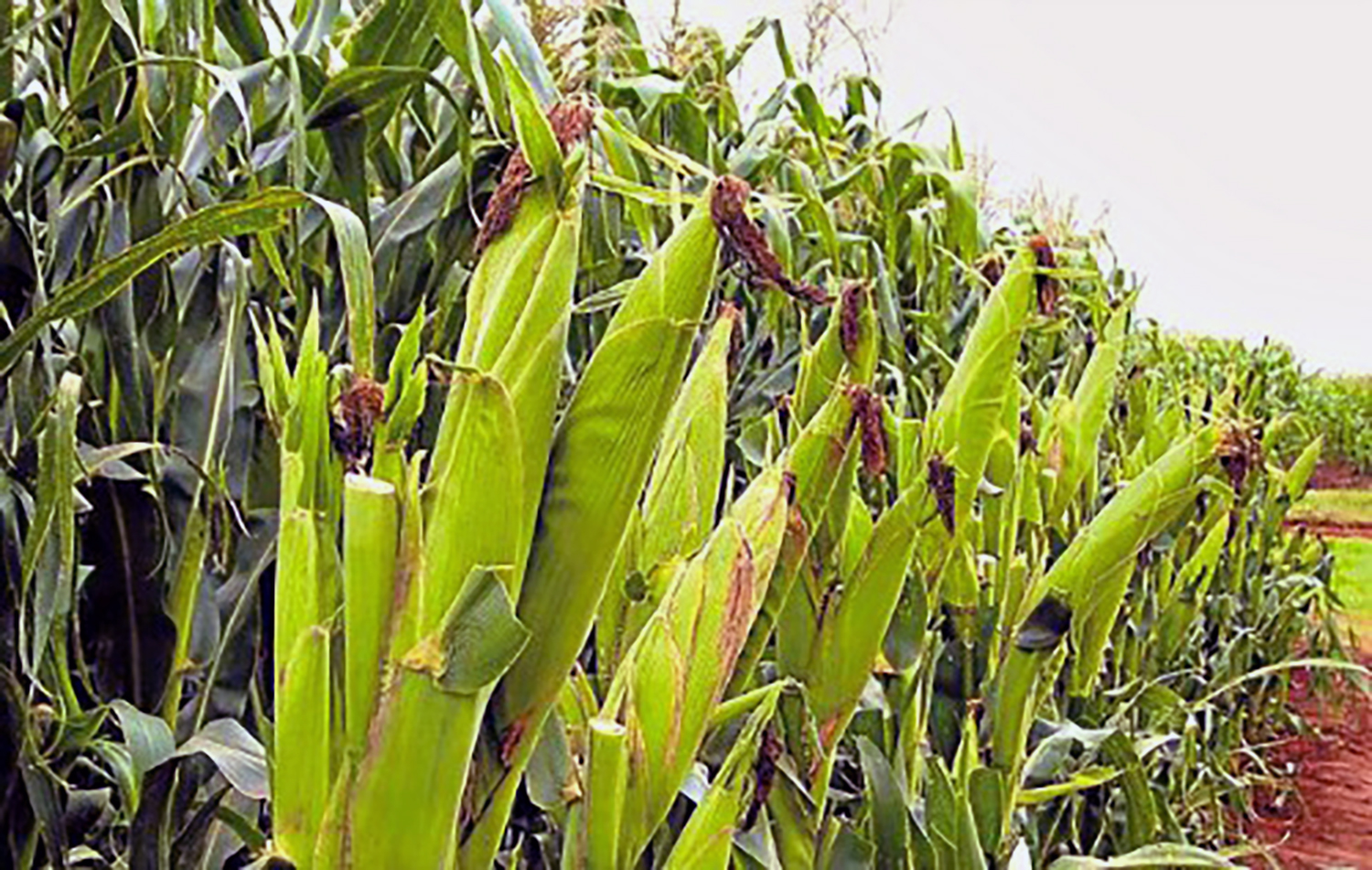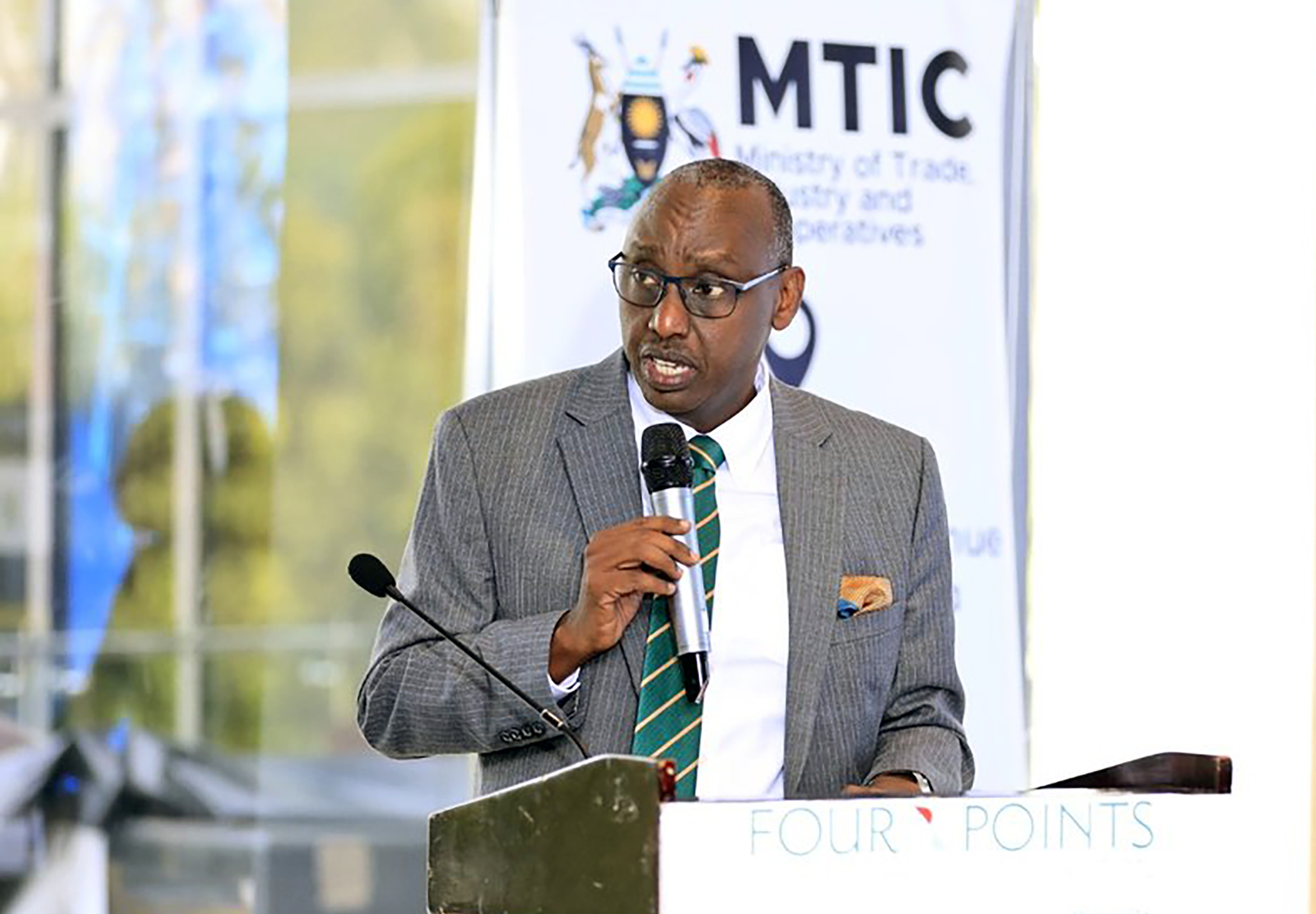Local suppliers protest new grain policy
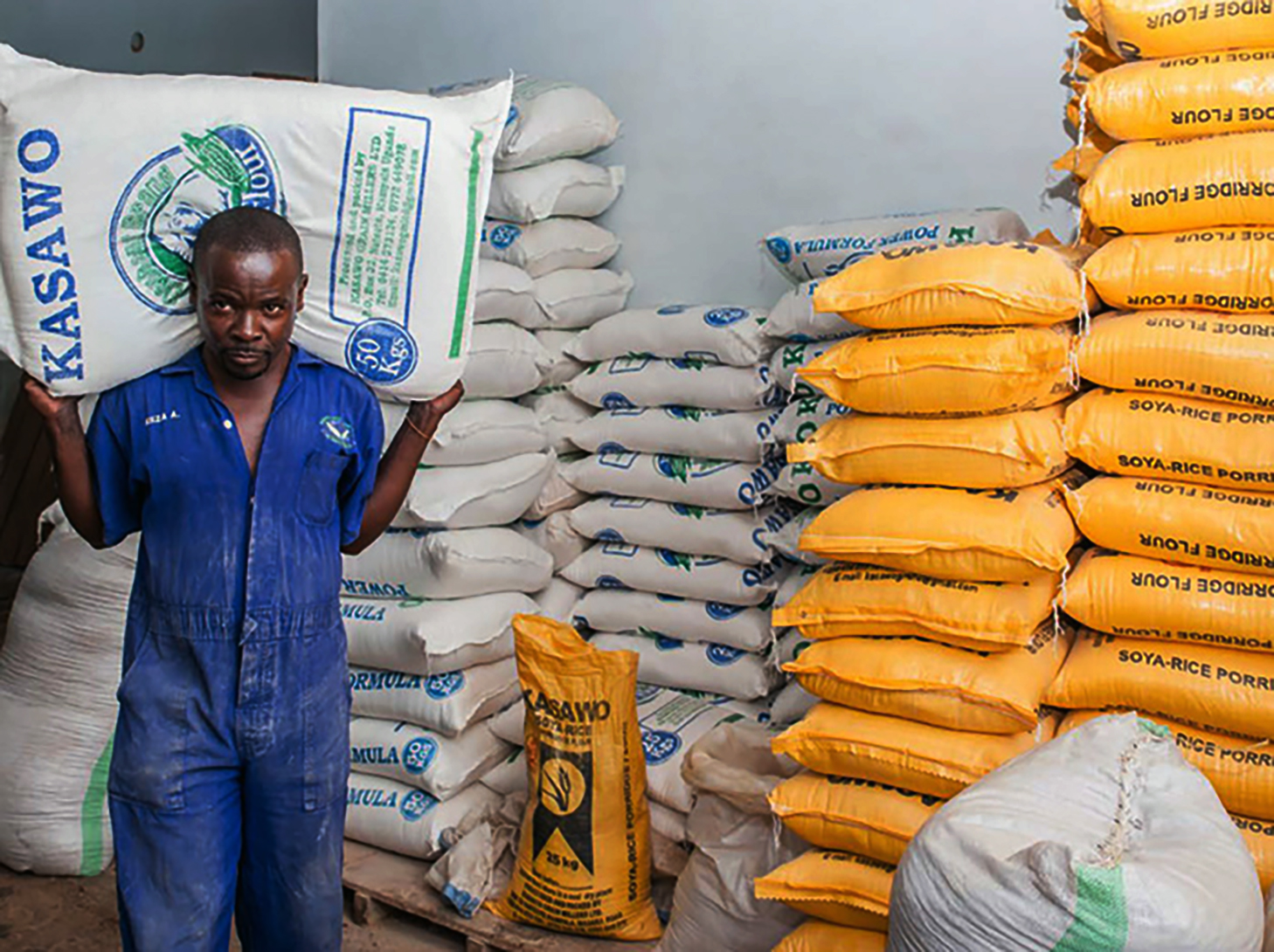
Some stakeholders say the cost of certification is high and the new policy could disrupt supply chains and lead to high prices
The government's decision to tighten grain procurement rules is stirring mixed reactions among suppliers. While the government says the new regulations aim to improve grain quality, some suppliers are concerned that the costs of meeting these new standards could put them out of business.
At a press briefing at the Uganda Media Centre on August 27, Investment State Minister Evelyn Anite told journalists that public institutions would only procure grain from entities that are certified by the Uganda National Bureau of Standards (UNBS), in a move aimed at protecting public institutions from poor quality grain and the associated health risks.
“These new guidelines are not just about meeting international standards, but also about protecting the health of our people and ensuring that our grain is competitive in the regional market,” she stated.
- Anite explained that the new guidelines were a step towards eliminating substandard grain from the market, which has been a persistent issue, particularly concerning the presence of aflatoxins in maize and other cereals. More than 600 maize providers have already been certified by the UNBS countrywide.
However, small-scale local suppliers, particularly small-holder farmers and traders, are concerned about the high costs associated with certification.
Moses Kibirige, a maize supplier, voiced his concerns, saying: “To be certified is good, but at what cost? Certification involves additional expenses that many of us may not afford. If the government wants to implement this, they should do so with a supportive approach, not in a manner that feels like they're trying to siphon money from us. Otherwise, some of us might be forced to leave the business, which will ultimately reduce government revenue.”
- The concerns raised by suppliers like Kibirige are valid, as certification involves meeting various standards that require financial investment. According to a report by the Uganda National Bureau of Standards, the cost of certification can range between UGX500,000 to UGX2 million, depending on the size and scale of the business. This financial burden could be particularly heavy for small-scale suppliers, who may struggle to meet these costs without external support.


Mike Kironde, the national chairperson Proprietors of Private Educational Institutions Association in Uganda (PPEIAU), told Business Edge that the new policy would lead to serious supply chain disruptions and high prices.
“These guidelines will reduce the number of suppliers capable of meeting the standards, leading to potential shortages. Public entities could face delays in procurement or difficulty finding compliant suppliers, which could disrupt essential services,” he said.
‘’Yes, we want quality and we are concerned about the health of our children therefore we need to be smart in the implementation of these guidelines otherwise suppliers may raise prices to cover the costs of meeting the new quality standards (better storage, transportation, and processing). This could strain the budgets of public entities, particularly those with large-scale grain needs like boarding schools, the security services, and hospitals,” he added.
However, Harriet Nabirye, in charge of member services at the Grain Council of Uganda, expressed support for the government’s decision because of the poor-quality grain supplied by unlicenced companies.
- “Uncertified suppliers have been a major challenge in the grain market. The presence of aflatoxins has not only affected the health of consumers but has also tarnished the reputation of Ugandan grain in the international market. These new guidelines will help us improve the quality of our grain and ensure that only the best products reach the market,” Nabirye said.
- "I suggest that the Uganda National Bureau of Standards and other stakeholders in the sector should come together to find ways to make certification more affordable," she added.
Whereas the Government insists that the new policy would lead to a reduction in health-related issues caused by contaminated grain and enhance Uganda's reputation as a reliable source of high-quality agricultural products, how it would be implemented particularly in rural areas where there are very few certified producers, remains to be seen.



.JPG)
